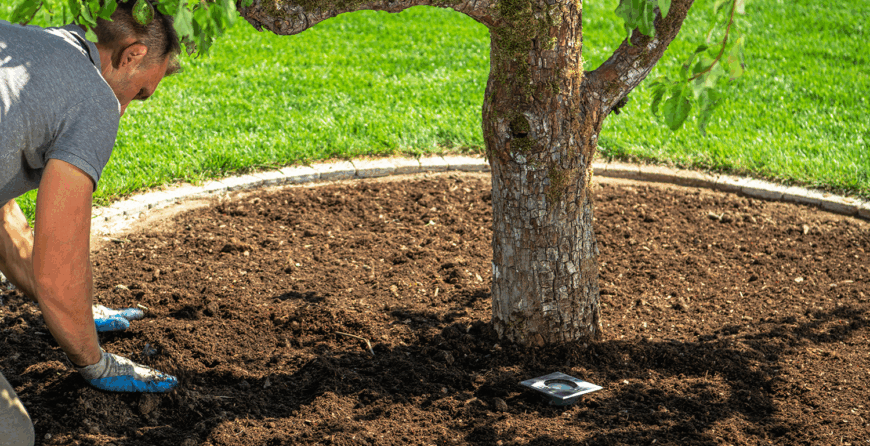Mulching is one of the most effective methods to promote a healthy garden. It involves applying a layer of material on the soil surface to provide numerous benefits, including moisture retention, temperature regulation, and weed suppression. However, not all mulches are created equal, and choosing the right type for your garden is crucial for optimal results.
Types of Mulch:
- Organic Mulch: This includes materials like wood chips, bark, straw, and shredded leaves. Organic mulches decompose over time, enriching the soil with nutrients. They also encourage beneficial microbial activity, leading to improved soil health. However, they may need to be replenished more frequently.
- Inorganic Mulch: Materials like gravel, pebbles, or landscape fabric fall under this category. While they don’t decompose, they provide excellent weed control and can enhance the aesthetics of your garden. However, they do not improve soil quality.
Factors to Consider:
- Plant Type: Different plants have different requirements. For instance, vegetable gardens benefit from organic mulch due to its nutrient-rich properties, while ornamental gardens might utilize stones or gravel for a clean look.
- Climate: In hotter climates, organic mulches can help retain moisture, while in cooler areas, inorganic mulches might be beneficial for frost protection.
- Aesthetics: Consider the overall look you want to achieve. Organic mulches can blend seamlessly into garden beds, while colored stones can offer a more modern appearance.
Mulching is essential for a thriving garden. By taking the time to choose the right mulch, you can provide your plants with protection, moisture, and the nutrients they need, leading to a healthier and more beautiful landscape.


